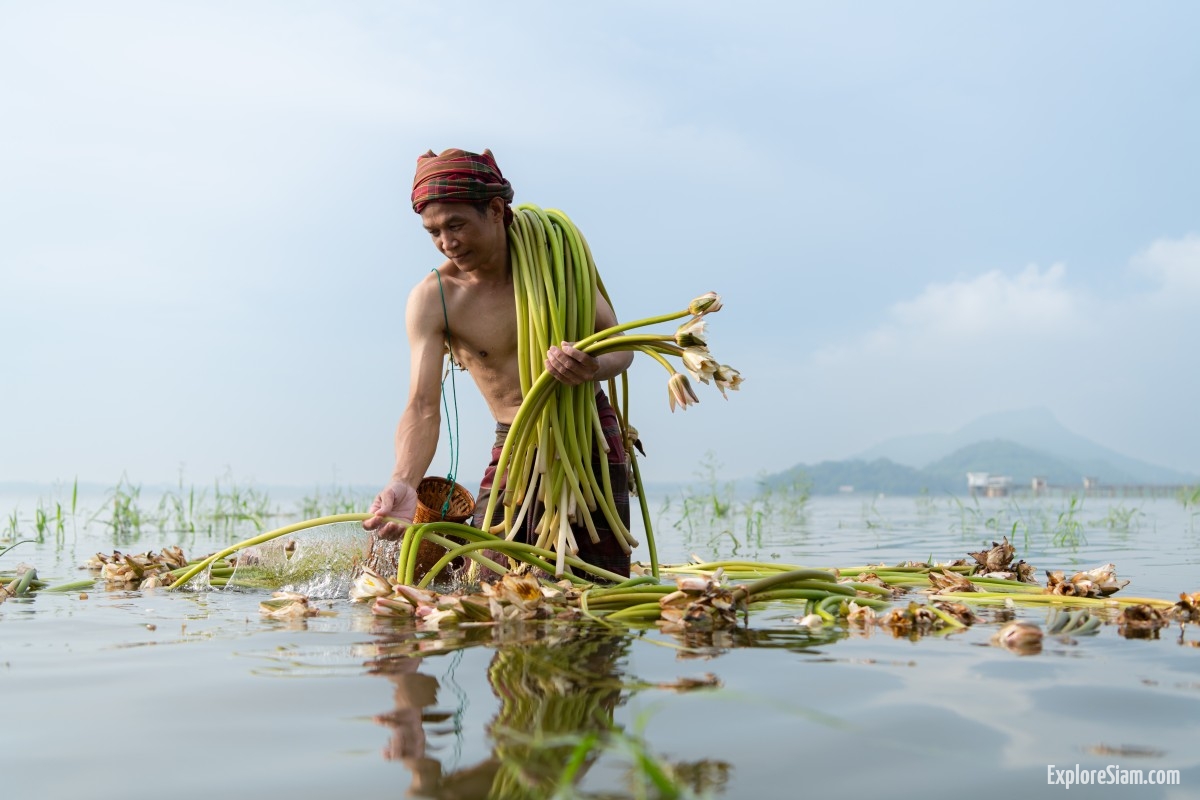Eco-tourism has emerged as a significant trend in global travel, focusing on sustainable practices that benefit the environment and local communities. Southeast Asia, with its rich biodiversity, cultural heritage, and natural beauty, offers numerous opportunities for eco-tourism. This region is increasingly recognized for its commitment to sustainable tourism practices, which aim to minimize the environmental impact while providing enriching experiences for travelers. This article explores the best practices in eco-tourism and highlights some of the top eco-friendly destinations in Southeast Asia.
Southeast Asia’s eco-tourism industry is built on the foundation of sustainability, conservation, and community involvement. One of the fundamental principles of eco-tourism is minimizing the carbon footprint. This is achieved by promoting the use of renewable energy sources, encouraging responsible waste management practices, and supporting low-impact transportation options. Many eco-friendly accommodations in the region are designed with energy efficiency in mind, using solar power, rainwater harvesting systems, and locally sourced materials to reduce their environmental impact.
Another crucial aspect of eco-tourism is the conservation of natural habitats and wildlife. In Southeast Asia, several initiatives focus on protecting endangered species and preserving ecosystems. These initiatives often involve collaboration between local communities, non-governmental organizations, and governments to create protected areas and wildlife sanctuaries. Travelers participating in eco-tourism activities are encouraged to respect these efforts by following guidelines that minimize disturbance to wildlife and natural habitats.
Community involvement is a cornerstone of successful eco-tourism. In Southeast Asia, many eco-tourism projects are designed to benefit local communities by providing employment opportunities, supporting local businesses, and preserving cultural heritage. Tourists are often invited to participate in cultural exchanges, workshops, and community-based activities that offer insights into traditional practices and ways of life. This not only enriches the travel experience but also ensures that the economic benefits of tourism are distributed more equitably.
Education and awareness are vital components of eco-tourism. Many eco-friendly destinations in Southeast Asia offer educational programs and guided tours that inform visitors about the local environment, conservation efforts, and sustainable practices. These programs aim to foster a deeper understanding and appreciation of the natural and cultural heritage of the region, encouraging tourists to adopt more responsible behaviors.
Several destinations in Southeast Asia have gained recognition for their commitment to eco-tourism. In Thailand, the island of Koh Phi Phi has implemented various sustainable practices to address the environmental challenges posed by mass tourism. Efforts include waste management programs, coral reef conservation projects, and eco-friendly accommodations. Similarly, Chiang Mai in northern Thailand offers eco-tourism experiences that include trekking in the lush mountains, visiting ethical elephant sanctuaries, and exploring organic farms.
Indonesia, with its diverse archipelago, is another prime destination for eco-tourism. Bali, often associated with luxury tourism, is home to numerous eco-friendly resorts and sustainable initiatives. Ubud, a town in Bali, is known for its eco-conscious community that promotes organic farming, waste reduction, and cultural preservation. Travelers can participate in eco-tours that include rice field trekking, traditional Balinese cooking classes, and visits to local artisans.
Malaysia’s eco-tourism offerings are equally impressive. The island of Borneo, shared by Malaysia and Indonesia, is renowned for its biodiversity and unique wildlife. In Sabah, Malaysian Borneo, the Kinabatangan River offers eco-tourism experiences focused on wildlife observation, including sightings of orangutans, proboscis monkeys, and pygmy elephants. The Sepilok Orangutan Rehabilitation Centre and the Bornean Sun Bear Conservation Centre are notable examples of successful conservation projects that attract eco-conscious travelers.
Vietnam is also making strides in eco-tourism, with destinations like Phong Nha-Ke Bang National Park, home to some of the world’s largest and most spectacular cave systems. The park offers eco-friendly activities such as cave exploration, trekking, and river cruises, all designed to minimize environmental impact. The region’s commitment to sustainable tourism is evident in its efforts to protect its natural beauty and support local communities through eco-tourism initiatives.
Cambodia’s eco-tourism scene is growing, with efforts to promote sustainable travel to its rural areas and natural attractions. The Cardamom Mountains and the Tonle Sap Lake region offer eco-tourism experiences that include wildlife observation, community-based tourism, and sustainable fishing practices. These initiatives aim to preserve Cambodia’s rich biodiversity while providing economic opportunities for local communities.
Laos, often overlooked in Southeast Asia’s tourism landscape, offers unique eco-tourism experiences that highlight its pristine natural environment and traditional culture. The Nam Ha National Protected Area in northern Laos is a prime example, offering eco-friendly trekking, river rafting, and cultural exchanges with local ethnic groups. The country’s commitment to sustainable tourism is reflected in its efforts to balance development with environmental conservation.
In conclusion, eco-tourism in Southeast Asia is characterized by a commitment to sustainability, conservation, and community involvement. The region’s diverse natural landscapes and rich cultural heritage provide ample opportunities for eco-friendly travel experiences. By adopting best practices in eco-tourism, such as minimizing environmental impact, promoting conservation efforts, and supporting local communities, Southeast Asia continues to be a leading destination for travelers seeking responsible and enriching travel experiences.





